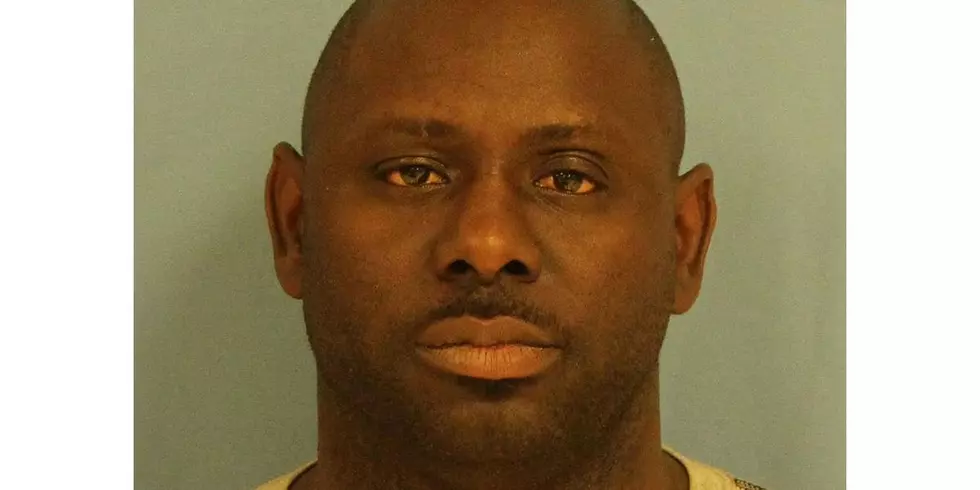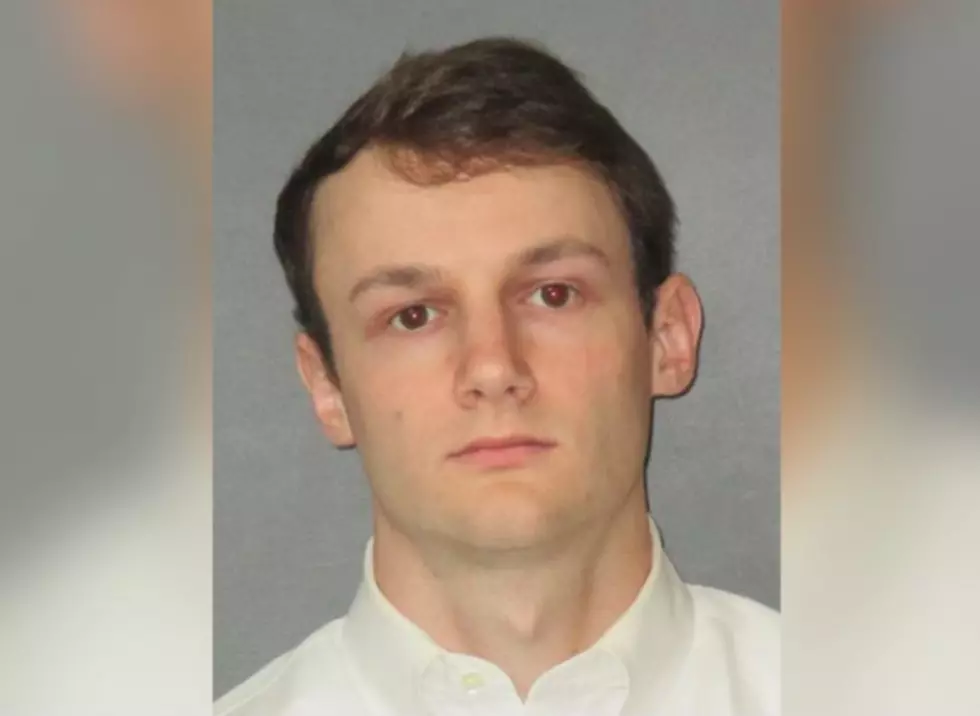
How are 2017 Criminal Justice Reforms Working in Louisiana?
The Department of Corrections is celebrating the one-year anniversary of the 2017 criminal justice reforms that saw Louisiana lose its title as the incarceration capital of the world. The department says the total prison population is at a 20-year low. But Outgoing President of the Louisiana District Attorney’s Association Ricky Babin says he has some concerns about who’s been let out.
“I tracked the November 1st releases and about 33% of the ones that were released from my jurisdiction are being rearrested for various crimes.”
Correction says the changes saved the state $12.2 million this year, with $262 million in savings expected over the decade. The total supervised population on parole has fallen by 7,000 people.
Corrections says the reduction in the non-violent prison population, and the reinvestment of funds into new programs for inmates will help reduce recidivism and cut down on crime. Babin says just because someone is labeled nonviolent by the system, doesn’t mean they aren’t potentially dangerous.
“It doesn’t mean they have violent backgrounds, it doesn’t mean they don’t have violent propensities, they base that strictly on the last conviction.”
The new parole system has seen the total supervised population fall by 7,000 people due to reforms that allow offenders to work towards goals that will reduce their time in the system. Babin says he’s not exactly happy about the shortened parole periods.
“We have less time to watch them, less time to monitor them, less time to see what they are doing out in the community. In my opinion, we are opening the gates and hope for the best.”
Corrections estimate the parole reforms will reduce the number of people being supervised by 12% over the next decade.
More From 99.9 KTDY

![House for Sale Comes With Prison Cells Built Into It [PHOTOS]](http://townsquare.media/site/34/files/2022/07/attachment-Screen-Shot-2022-07-10-at-12.05.53-PM.jpg?w=980&q=75)








